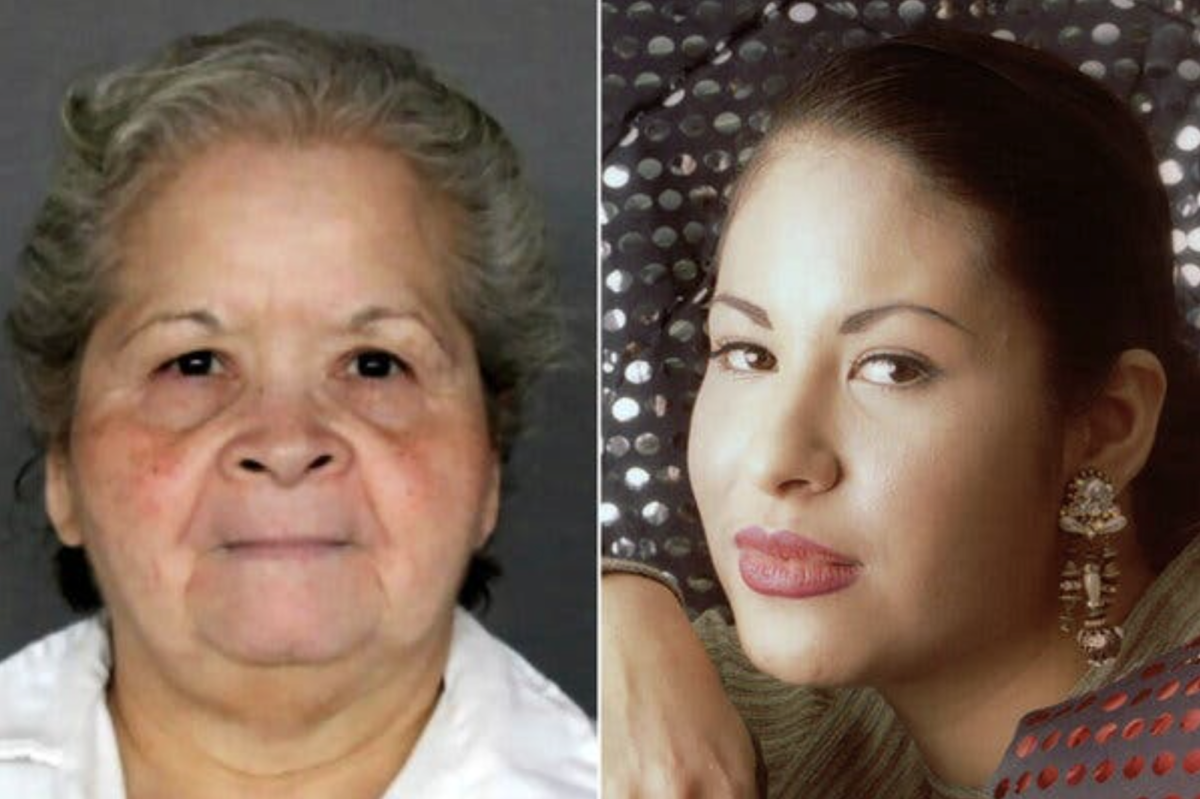According to ABC News, on Wednesday, Oct. 2, Georgia’s president refused to sign a bill into law that would reverse LGBTQ+ rights in the country.
Photo from Zurab Tsertsvadze, AP News, people burning LGBTQ+ flags and symbols
The president, Salome Zourabichvil,i sent the bill, presented by the ruling Georgian Dream and approved by lawmakers, to parliament. Now, the parliament speaker has five days to sign it into law.
This bill would ban adoptions by same-sex couples, same-sex marriages, gender-affirming care and changing gender in legal documents, as well as public endorsement and depictions of LGBTQ+ people and relationships.
Parliament gave final approval to the measure as Georgia, a deeply conservative country with a great amount of Orthodox Church influence, prepares for a parliamentary election. Human rights and LBGTQ+ activists condemned the move because many saw it as an attempt to gain conservative support by further marginalizing an already vulnerable community.
Many worried that this bill would incite violent outbursts and attacks against LGBTQ+ people, which was already common in Georgia before the bill. Students responding to this decision from America have worries themselves.
“If laws like Georgia’s were put in place, LGBTQ+ Americans would lose most of the minimal protections they have and would be detrimental to the social progress the nation has achieved in the past two decades,” straight cis student Soledad Lausch said.
Many people in America worry for the safety and mental health of LGBTQ+ people in Georgia, especially the transgender people who were receiving gender-affirming care such as hormone-replacement therapy.
“A majority of America would be affected, and any trans people currently on hormones would be affected even more. Many people would have to force themselves back into the closet or just move to a new state which doesn’t enforce those laws,” lesbian cis student Maddie Kinsinger said.
Only a day after parliament gave its final approval to the anti-LGBTQ+ bill, Kesaria Avramidze, a transgender actress and model was found stabbed to death in her apartment in the capital, Tbilisi.
Many think neighboring Russia influenced Georgia to implement these bills, and President Zourabichvilli vetoed the “foreign influence” law, however she was overridden.


































